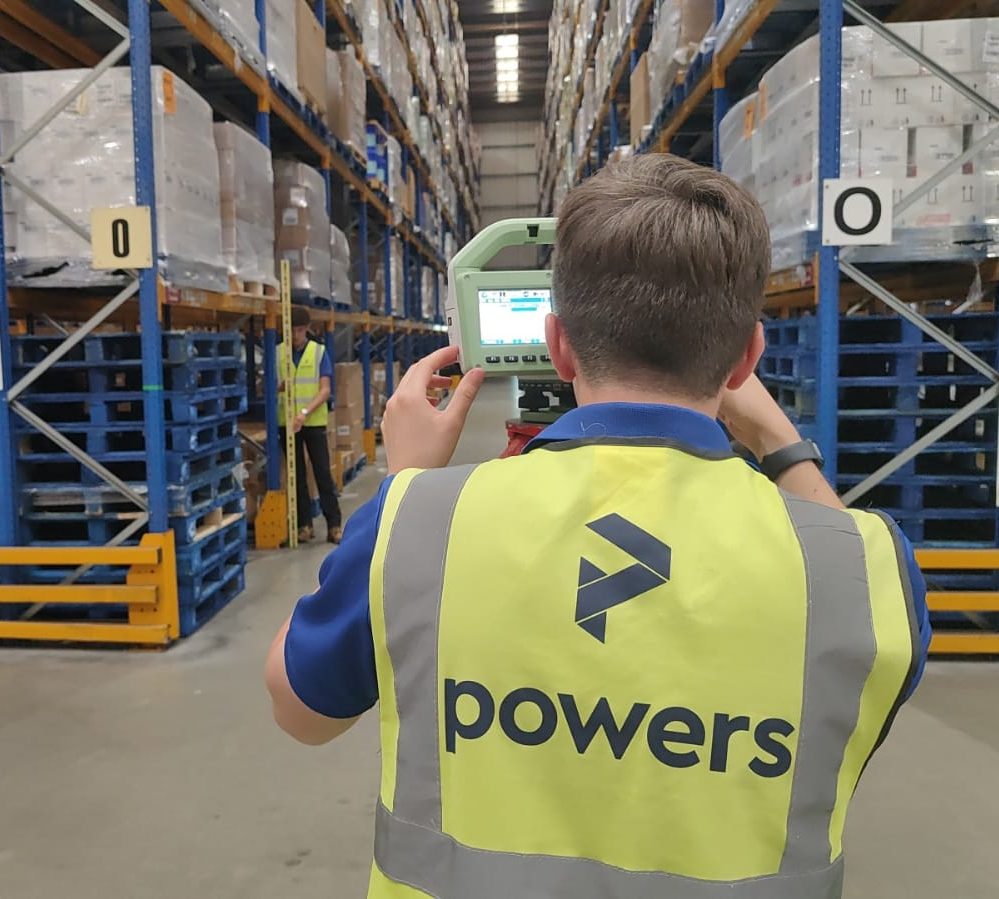What does a land surveyor do?
So you want to become a land surveyor? In all aspects of land or geospatial surveying, you will collect and analyse the data you capture to map what currently exists on a site. This information can be used in construction projects, on design drawings, for civil engineering projects or may have other uses where accurately measured data is required for the organisation of work. There will also be a wide range of people you will work with such as architects, project managers, quantity surveyors, site managers, plant designers and private estate owners.
Daily tasks
- Carry out surveys on man-made and naturally formed features
- Collect measured data from the land, a building or from under the ground
- Analyse measured data to create detailed plans, drawings, and 3D models
- Use a variety of specialist survey equipment
- Use software such as CAD, n4ce and Revit
- Prepare survey drawings that are easy to read and use by non geospatial survey professionals
All these tasks (and more) will not happen every day, as every day is different. Some days your office will be the great outdoors and other times you will be in the office processing the data you have captured. It also depends on who you work for and what they specialise in. Some companies will focus more in certain areas, such as watercourses, drone surveying, railway, and utility mapping. Make sure you investigate each area carefully, as each one is different. You can expect to have some early starts and late finishes.
What type of skills will I need?
There are a lot of skills required which you may not think are needed.
- Maths – there are a lot of numbers involved, such as working out geospatial co-ordinates
- A good working knowledge of computers and computer software
- Good interpersonal skills – you will need to speak with clients and members of the public
- Great attention to detail
- An interest or knowledge of geography
- A driving licence is essential – there can be a lot of driving to remote sites in fields, which cannot be accessed by public transport
How can I become a land surveyor?
One of the most popular ways to become a land surveyor is to become an apprentice geospatial surveyor.
The Level 3 Geospatial Survey Technician Apprenticeship is a two year course where apprentices will learn everything they need to know about geospatial surveying. Learning takes place at college for one day a week (or as a block of one or two weeks every term) and within a geospatial surveying company for the rest of the time. At college, apprentices learn the theory of geospatial surveying from lecturers and from specialist surveyors from local survey companies. At the geospatial company, apprentices learn how to use survey equipment, process survey data and work with senior surveyors whilst learning on the job.
Following on from a Level 3 you can study for the Geospatial Mapping and Science Specialist Degree apprenticeship. This can be done as a day release or one or two week block of study every term at a nearby university. Either way, it is a part time course. It will take longer than the level 3 apprenticeship to complete and is usually studied over five years.
Powers offers an apprenticeship route to becoming a surveyor and has employed six apprentices so far.
Why should I go into land surveying?
Being a geospatial surveyor is about precision, accuracy and having an excellent attention to detail as well as being able to talk to anyone on site. It is a specialist subject and some people would say it’s a niche area of construction although nothing can be built or refurbished without a detailed drawing showing what currently exists. This means good, well taught geospatial surveyors will always be in demand. Here are some thoughts from a couple of our surveyors.
‘I love being able to work in the outdoors. I love nature and the changing seasons. It means I’m not always cooped up in the office and staring at a screen every day.’
‘Surveying for me is an evolving industry. There are new and emerging technologies, and it is now becoming more digital. I love working with new software and bringing our survey work to life.’
Find out more:
https://nationalcareers.service.gov.uk/job-profiles/land-surveyor








